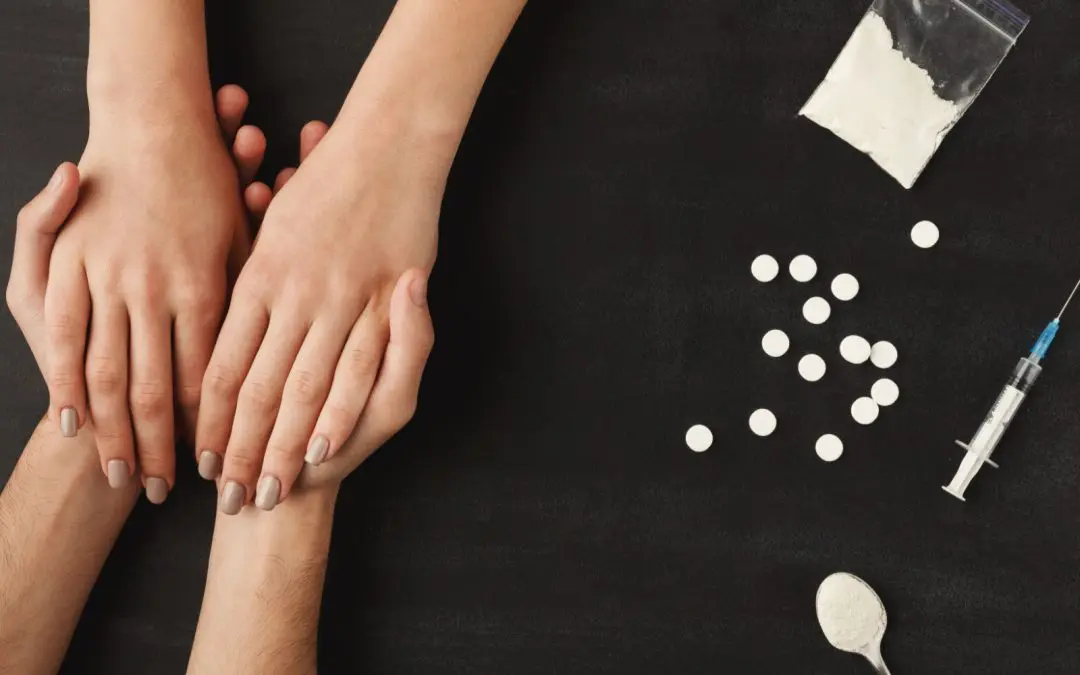24/7 Helpline:
(866) 899-221924/7 Helpline:
(866) 899-2219
Learn more about PTSD Rehab centers in Moodys

Other Insurance Options

CareSource

PHCS Network

Health Net

Carleon

Holman Group

Aetna

Sutter

AllWell

Medical Mutual of Ohio

Providence

Molina Healthcare

EmblemHealth

Premera

Self-pay options

United Health Care

BlueShield

American Behavioral

Anthem

Ceridian

Oxford










Northeastern Behavioral Health Services
Northeastern Behavioral Health Services is a public rehab located in Tahlequah, Oklahoma. Northeaste...

Creoks Mental Health Services
Creoks Mental Health Services is a private rehab located in Tahlequah, Oklahoma. Creoks Mental Healt...

Cherokee Nation – Behavioral Health Adult Clinic
The Behavioral Health Adult Clinic of Cherokee Nation is a co-occurring addiction treatment center i...










































Redefine U
Redefine U is a private rehab located in Tahlequah, Oklahoma. Redefine U specializes in the treatmen...

People
People Inc. is located in Tahlequah, Oklahoma. People Inc. provides quality community based, habilit...











































